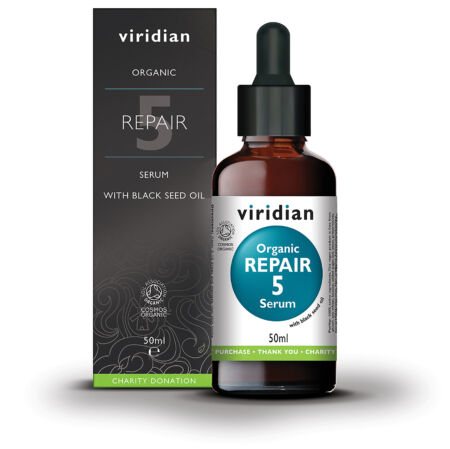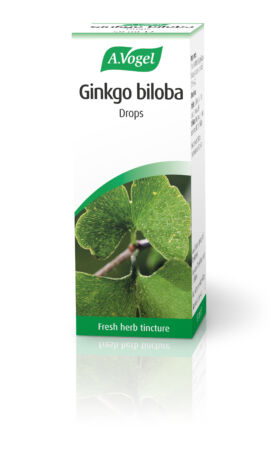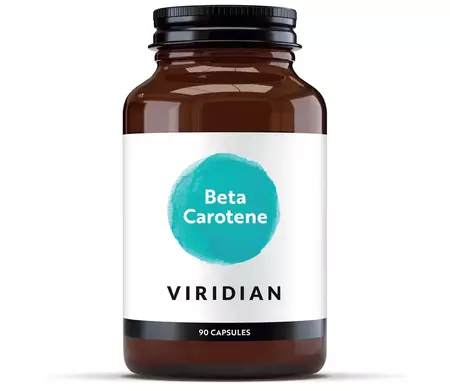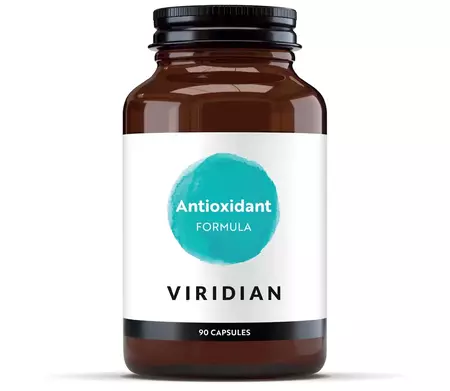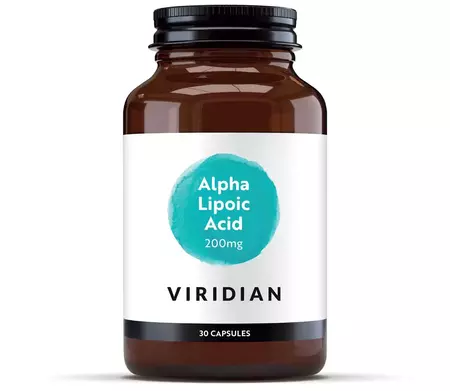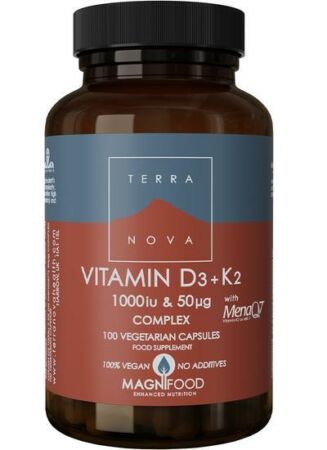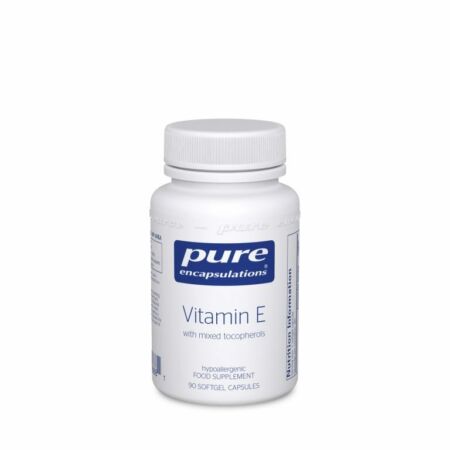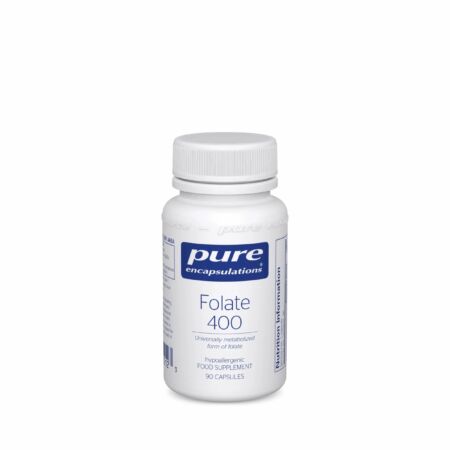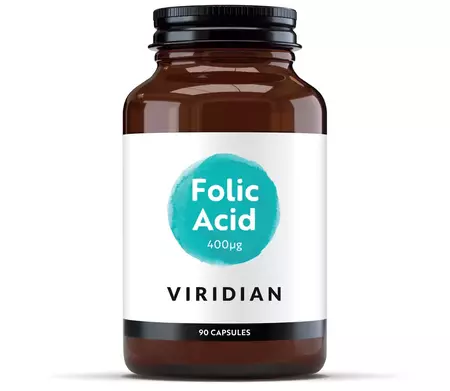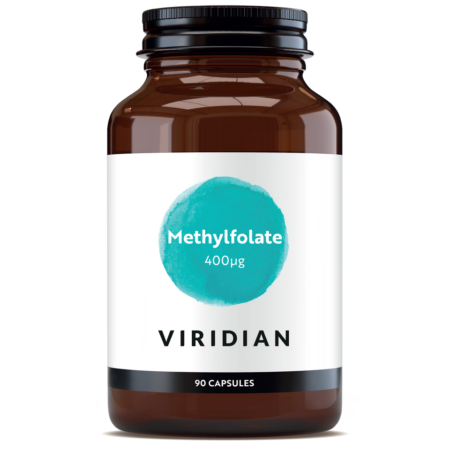Natural remedies for Vitiligo from Therapy Organics, the experts in Natural Wellness & Natural Beauty...
What is vitiligo?
Vitiligo is a skin disorder in which the cells that provide your skin with its colour, known as melanocytes, are destroyed. This leads to patches of the skin losing their pigmentation or becoming totally colourless because melanin is not being produced.
It can seem daunting to be diagnosed with a condition which is actively changing the appearance of the skin, seeing a difference in appearance may be a cause for concern in some people. However, it is worth noting that this condition is very common and usually not a cause of discomfort for many people. That said, luckily our diet and lifestyle interventions can control the development of this condition. Read on to find out what you can do to naturally support this condition.
Vitiligo can affect areas of the body such as:
Areas which are most commonly exposed to the sun such as the hands, feet, arms, and face
Inside the mouth or around other mucus membranes
Armpits
The nostrils
The genitals
The back of the eye
Within the hearing system of the ear
The main types of vitiligo:
Non-segmental vitiligo (patches tend to appear on both sides of the body like both knees or both hands)
Segmental vitiligo (rapid colour loss on one side of the body)
Focal vitiligo. Patches tend to be smaller and occur in only a few areas of the body.
Universal vitiligo. This type of vitiligo affects most of the surfaces of the skin.
Acrofacial vitiligo. This form of vitiligo primarily affects the face, hands, and sometimes feet.
Vitiligo doesn’t usually cause discomfort, but the patches may occasionally be itchy.
The condition can vary between individuals, some people have larger patches or different patterns of patches than others.
Hair can also lose pigment, appearing grey or white in affected areas, caused by the lack of melanin in your skin. The patches may have rounded or jagged edges or have blotchy brown discolouration (known as hyperpigmentation). Redness or inflammation, if present, may be present on the edges[i].
It is important to be extra careful when in the sun and to use sunscreen with a high SPF (sun protection factor) to avoid pale areas of skin from being burned.
Diagnosis:
If available, the doctor may use an ultraviolet (UV) lamp, known as a ‘Wood's lamp’ to look at your skin in more detail.
Why do we get vitiligo - And what increases the chances of it?
Vitiligo is expressed when there is impaired function of melanocytes.
Vitiligo may be triggered by particular events, such as[ii]:
Stressful events, which place a burden on the body, such as childbirth
Skin damage, such as severe sunburn or injury to the skin (known as the Koebner response)
Infection
Autoimmunity
Genetic mutations
Exposure to certain dangerous chemicals
Stress:
The development of vitiligo is associated with changes in the body's hormones that occur following psychological stress. Physical or environmental stress is involved in the development and progression of the disease. Psychological stress can also contribute to its onset and progression[iii].
The condition occurs when your body’s immune system destroys melanocytes, therefore it is thought of as an autoimmune condition and may appear alongside other autoimmune conditions, including[iv]:
- Addison’s disease.
- Anaemia.
- Diabetes (Type 1).
- Lupus.
- Psoriasis.
- Rheumatoid arthritis.
- Thyroid disease.
There are growing reports that vitiligo may be attributable to a trinity of conditions including genetics, hormone imbalances, chemical exposure, oxidative damage, viral infections, and anxiety[v] [vi]. Having a family history of vitiligo may also be a risk factor. Vitiligo is associated with other autoimmune diseases in which there are high genetic correlations[vii].
Vitiligo is not transmissible, even though it could affect several different locations on the body. It can't be passed from one individual to another.
It has been suggested that a pathogenic bacterium that lives in the stomach known as Helicobacter pylori (H pylori) might be involved in gastritis, however, because more than 50% of the population is believed to have it, this alone is unlikely to be the real cause. Several skin autoimmune disorders have been linked to H pylori through cross-reactivity. H pylori might also impact digestion thanks to its effects on the stomach's function[viii][ix].
There is also a proposed link between vitiligo and thyroid autoimmunity. Several reports show organ-specific antibodies in vitiligo patients[x].
What can be done to support the condition of vitiligo?
Conventional medical practices involve various new treatments, such as NB-UVB excimer laser, narrow-band ultraviolet B (NB-UVB) micro phototherapy, and monochromatic excimer light. Or, more commonly, medical treatments include topical corticosteroids and other topical treatments, like antioxidants, prostaglandin E, and vitamin D derivatives.
From a naturopathic perspective, natural vitiligo prevention could be achieved with certain dietary and lifestyle choices to correct imbalances and help the human body’s natural ability to heal.
Diet:
Inflammation: Inflammation begins in the gut. Intestinal permeability, also known as leaky gut, is the catalyst for an autoimmune process that begins in the body.
Removing certain elements from the diet may help to improve symptoms.
Gluten:
It has been suggested that vitiligo and coeliac disease may be connected. When gluten was removed from the diets of children with coeliac disease and vitiligo, some experienced re-pigmented. Coeliac disease is frequently missed on standard checks. Despite the fact that non-coeliac gluten sensitivity is a real health issue, it can be difficult to detect. Non-coeliac gluten sensitivity is one of the triggers for vitiligo. It might be worth looking into if you have vitiligo[xi].
Alcohol and stimulants[xii]:
Alcohol influences leaky gut, it contributes to the growth of undesirable gut bacteria and causes inflammation, leading to leaky gut. The gut flora is adversely affected by regular alcohol consumption. It activates the proliferation of harmful bacteria. The more undesirable flora that lives in the gut, the more severe the symptoms of leaky gut will be. If you eat properly, your food will be properly digested. However, if your food isn't properly digested, the amount of undigested food will increase[xiii][xiv].
Liver damage due to regular alcohol consumption is well-known. Alcoholic liver cirrhosis (liver damage due to alcohol) increases the risk of vitiligo and other autoimmune diseases[xv].
Anecdotal evidence shows that some people experience a negative reaction when they eat certain foods, especially those that contain the depigmenting agent, hydroquinone. But it’s worth considering everyone’s body is different and may react differently to certain foods, as well as having many other underlying health issues.
Hydroquinone has been found to be a culprit in chemical-induced vitiligo. Chemical-induced depigmentation of the skin has been recognised for over 75 years. Studies have been done on household commercial products as common as hair dyes, but not for food sources[xvi].
Nevertheless, hydroquinone has been found in plant-derived food products (e.g., wheat germ), in brewed coffee, and in teas prepared from the leaves of some berries, where the concentration sometimes exceeds 1%[xvii].
Generally, foods that contain hydroquinone include pears and blueberries, coffee, tea, red wine and wheat[xviii].
Herbs and supplements recommended for vitiligo
Gingko Biloba: Try Gingko Biloba Drops By A Vogel.
Vitiligo can be controlled with Ginkgo Biloba. It is available in capsules or liquid form and can be taken orally. It is also an inexpensive therapy. In some patients, it may speed up the re-pigmentation process[xix].
Alpha Lipoic Acid: Try Alpha Lipoic Acid 200mg by Viridian
Due to its antioxidant properties, recently, alpha-lipoic acid has been proposed in the treatment of vitiligo, to prevent the destruction of melanocytes by free radicals. Alpha lipoic acid is found in yeast, kidney and liver[xx].
Black Seed Oil: Try Black Seed OilRepair 5 Serum - Organic (50ml) by Viridian
A recent study has revealed that the use of topical black seed oil may provide a promising new treatment for individuals suffering from vitiligo. The study investigated the effects of black seed oil on re-pigmentation. The study involved 33 participants, who applied a cream containing black seed oil to various areas of the body twice a day for 6 months. The main objective of the study was to assess re-pigmentation, and after daily topical application, all treated areas showed successful results[xxi].
Antioxidants:
Melanocyte degeneration in vitiligo occurs because of an imbalance in the antioxidant system and free radical-mediated damage[xxii], therefore antioxidant supplementation is significantly beneficial. Vitamins A (including Beta carotene), C and E are thought to provide protection from this oxidative damage[xxiii].
- Beta Carotene Complex by Terranova
- Antioxidant Formula by Viridian
- Vitamin E by Pure Encapsulations
Other recommended nutrients:
Vitamin B12, folic acid and vitamin D are also recommended for vitiligo, as supported by evidence from studies[xxiv]. Folic acid and vitamin B12 supplementation combined with sun exposure can induce re-pigmentation better than either the vitamins or sun exposure alone.
- High 12 B12 Complex by Viridian
- Folic Acid by Pure Encapsulations
- Vitamin D by Terranova
Testing options for vitiligo
The development of vitiligo is a complex issue, with many potential causes. There may be food sensitivities or chemical exposure. There may also be an event such as an infection or a stressful event which could trigger it. Familial links and links to thyroid conditions add another layer of speculation. If you would like to dive into what may be the cause of vitiligo for you, talk to our expert nutritional therapists here at Therapy Organics, in Wilmslow, Cheshire. As the main goal of holistic health practices is to get to the cause of the issue, by evaluating many factors such as your health history, your family health history and the health of each body system, we can help to develop a treatment and testing plan specialised for your unique requirements.



